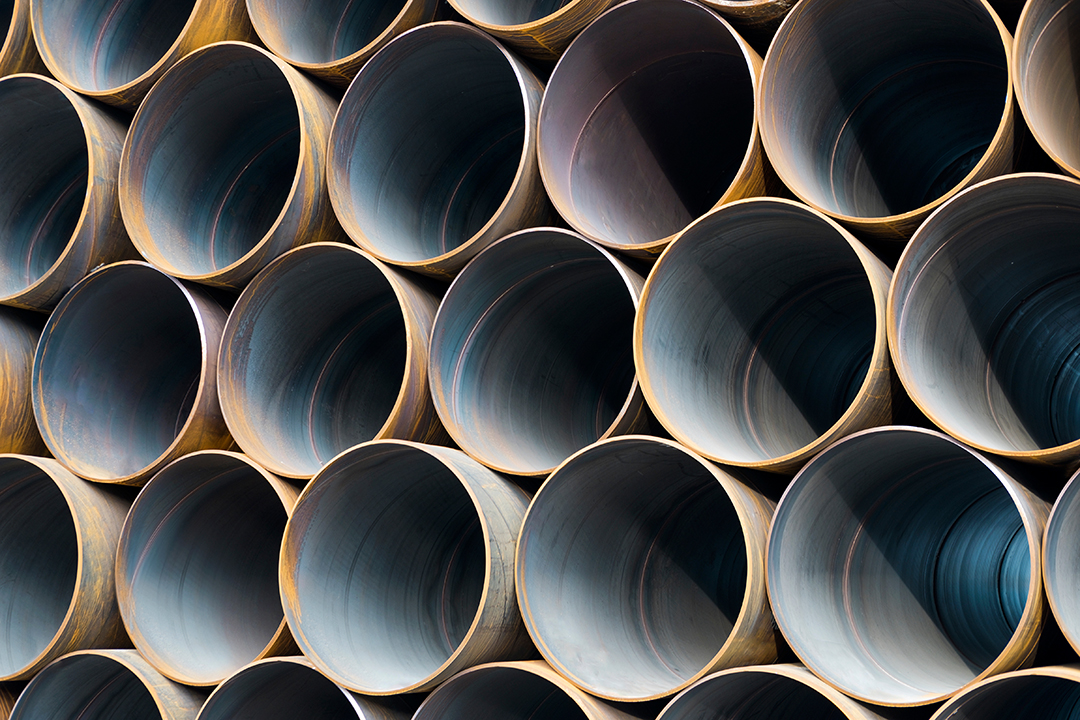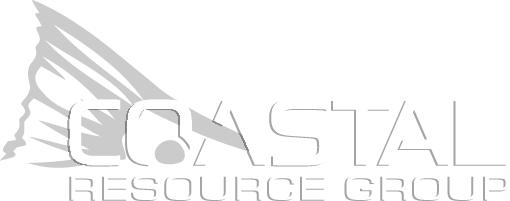High-density polyethylene (HDPE) pipes have become essential in various industries due to their durability, flexibility, and resistance to environmental stresses. These pipes are derived from petroleum and produced through the polymerization process under high pressure and temperature, which involves converting petroleum-based ethylene gas into polyethylene. A comparison between two prominent types, PE 4710 and PE 3408, is presented to highlight the differences and guide better decision-making for industrial applications, focusing on performance, durability, and cost-effectiveness.
Characteristics of PE 3408 and PE 4710
Both PE 3408 and polypipe PE 4710 are used in pressure pipe applications. PE 4710 hdpe, being a newer material, offers several advantages over PE 3408. These advantages include higher density, improved tensile strength, increased resistance to slow crack growth (SCG), and a higher pressure rating.
Density and Tensile Strength
The density of polyethylene pipes directly impacts tensile strength and overall durability. PE 4710 has a higher density compared to PE 3408, enhancing tensile strength and stiffness. The following table summarizes these differences:
| Property | PE 3408 | PE 4710 |
| Density (g/cm³) | 0.955 | 0.960 |
| Tensile Strength (psi) | 3,500 | 3,500+ |
Pressure Rating and Performance
PE 4710 hdpe pipes can withstand higher internal pressures without compromising their service life. This capability is attributed to superior ductility and fracture resistance. PE 4710 pipes also tolerate higher surge pressures, with a 2 times pressure rating for occasional surges and a 1.5 times rating for recurring surges.
| Property | PE 3408 | PE 4710 |
| Pressure Rating (psi) | 100 | 160 |
| Surge Pressure Rating (psi) | 150 | 240 |
In addition, PE 4710 materials must demonstrate ductility beyond 50 years, a requirement not imposed on PE 3408. This long-term ductility ensures that PE 4710hdpe pipes can maintain their performance over extended periods, making them ideal for long-term industrial applications.
Slow Crack Growth (SCG) Resistance in Polypipe PE4710 and PE3408 HDPE Pipes
SCG is a critical long-term failure mode for polyethylene pressure piping. PE 4710 demonstrates significantly higher SCG resistance compared to PE 3408. The minimum SCG resistance for PE 3408 is 10 hours, while PE 4710 requires a minimum of at least 500 hours, with current materials exceeding 10,000 hours. The table below highlights these values:
| Property | PE 3408 | PE 4710 |
| Minimum SCG Resistance (hours) | 10 | 500 |
| Current SCG Resistance (hours) | 10 | 10,000 |
Chemical and Environmental Resistance
PE 4710 offers better resistance to chemicals and environmental stresses than PE 3408. The higher density and molecular weight of PE 4710 provide greater toughness and improved performance in harsh conditions, making it more suitable for applications involving exposure to chemicals and high temperatures.
| Property | PE 4710 | PE 3408 |
| Density | Density class 4 (0.947 – 0.955 g/cc) | Density class 3 (>0.940 – 0.947 g/cc) |
| Slow Crack Growth (SCG) Resistance | SCG cell class 7 or PENT value of 500 hours | SCG cell class 4 or PENT value of 10 hours |
| Hydrostatic Design Stress (HDS) | 1,000 psi | 800 psi |
| Pressure Rating | A higher pressure rating allows for thinner pipe walls | A lower pressure rating requires thicker pipe walls |
| Resistance to Pressure Surge Events | Excellent fatigue resistance, capable of withstanding essentially unlimited surge events | – |
| Chemical Resistance | Improved chemical resistance due to higher density and molecular weight | – |
| High-Temperature Performance | Better high-temperature performance than PE 3408 | – |
The table shows that PE 4710 has a higher density, significantly better slow crack growth resistance, and higher hydrostatic design stress compared to PE 3408. These properties contribute to PE 4710’s improved resistance to chemicals, environmental stresses, and high temperatures, as well as its ability to operate at higher pressures with thinner pipe walls.
Industrial Applications of Polypipe PE 4710 and PE3408
Both PE 3408 and PE 4710 are utilized in various industrial sectors, including potable water, wastewater, mining, oil and gas gathering, and natural gas distribution. The enhanced properties of PE 4710 make it preferable for more demanding applications.
- Potable Water: Preferred for its higher pressure rating and resistance to disinfectants.
- Wastewater: Ideal for transporting wastewater and corrosive fluids due to its chemical resistance.
- Oil and Gas Gathering: Ensures reliable performance in harsh oil and gas field conditions.
- Mining: Suitable for handling high pressures and abrasive materials in mining operations.
Cost Considerations
While PE 4710 offers numerous advantages over PE 3408, its enhanced properties often come at a higher cost. However, the long-term benefits, such as reduced maintenance costs, longer service life, and improved performance, can justify the initial investment. For applications where durability and reliability are crucial, the higher cost of PE 4710 may be considered a worthwhile investment.
Evaluating the cost-effectiveness of PE 4710 in regards to the specific needs of your project is essential. To get a detailed cost analysis and request a quote, please visit our contact page. Our team is ready to assist you in finding the best solution for your application, ensuring you achieve the best balance of performance and cost.
Selecting the Ideal HDPE Pipe: PE 3408 vs. PE 4710
Both PE 3408 and PE 4710 HDPE pipes are essential in various industrial applications. PE 4710’s superior properties, including higher density, increased tensile strength, better SCG resistance, and higher pressure rating, make it a more advanced and reliable option for demanding environments. Understanding these differences enables industries to make informed decisions, enhancing the performance and longevity of their piping systems.
For more information on HDPE PE 4710 and PE 3408 pipes, or to explore Coastal Resource Group’s comprehensive supply of industrial and oilfield products, contact us today. Our team is available 24/7 to assist with your industrial supply needs, ensuring your projects stay on track without delays. You can also learn more about HDPE pipe classification and explore our range of industrial products and services.


